Intel ‘Nehalem’ Xeon arrival set to give AMD a tough time
Intel’s new Xeon for servers and workstations arrives worldwide putting the pressure on rival AMD.
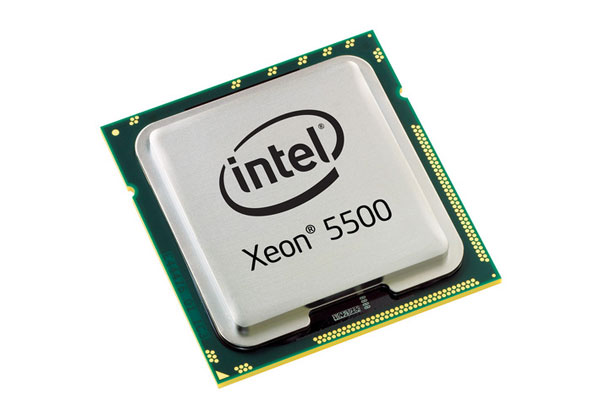
Intel has released its latest Xeon processor for servers and workstations with more than 70 customer announcing support for the energy efficient chip. The new chip is based on its "Nehalem" design, introduced for desktop PCs last November as the Core i7. Analysts said the new processors may help Intel cement its position in the server market, just as Cisco readies a push into this lucrative area. "The server business is very competitive," said Douglas Davis, vice president of the digital enterprise group and general manager for Intel's embedded and communications group.Xeon "will drive a set of requirements for the data centre infrastructure."Manufacturers and analysts say one of the next battles in the chip industry revolves around the amount of energy required to run data centres. A chip that performs better without drawing more power or producing more heat could be key.Intel is designing a wide range of Nehalem-based microprocessors targeting servers, workstations, regular desktops and mobile devices. Dell and Lenovo had announced servers using the chips last week, while HP rolled out its new line of Proliant servers using the Xeon processor 5500 series along with its new Z-Series workstations.Other users and supporters of the Xeon family will include software developers Oracle, Microsoft, and SAP, Intel said."It is a pretty substantial shift, competition-wise and technology-wise," David Kanter, an analyst with Real World Technologies, said prior to Intel's official release.Server shipments slid 12 per cent in 2008's fourth quarter, their sharpest decline since the dotcom bubble burst seven years ago, and are unlikely to rebound significantly until late 2009 or early 2010, according to research house IDC.The Nehalem competes with arch-rival Advanced Micro Device's Opteron, first released in 2003.Nehalem design employs circuitry 45 nanometers wide, 30 per cent smaller than previous chips using a 65-nanometer process. This means it can operate more quickly on the same amount of power.Nehalem "will be very attractive to data centres," Kanter said. "Having the memory controller in the microprocessor is a huge benefit for servers."Kanter said that Intel's on-chip memory controller could double the efficiency of its previous chips.Intel's Nehalem and AMD's Opteron both have a memory controller on the chip, four cores, and can handle multiple instructions at once, but Kanter did not think AMD's Opteron could compete in the longer run.As an example, Kanter said Intel has developed a way of sending two instructions to each core rather than just one and it can turn off cores when they are not needed."AMD in the 90s was the value alternative to Intel," he said. They sort of dropped the ball on product leadership and Intel's retaking the lead. AMD's going to be in the value position again."
Get the ITPro daily newsletter
Sign up today and you will receive a free copy of our Future Focus 2025 report - the leading guidance on AI, cybersecurity and other IT challenges as per 700+ senior executives
ITPro is a global business technology website providing the latest news, analysis, and business insight for IT decision-makers. Whether it's cyber security, cloud computing, IT infrastructure, or business strategy, we aim to equip leaders with the data they need to make informed IT investments.
For regular updates delivered to your inbox and social feeds, be sure to sign up to our daily newsletter and follow on us LinkedIn and Twitter.
-
 Cleo attack victim list grows as Hertz confirms customer data stolen
Cleo attack victim list grows as Hertz confirms customer data stolenNews Hertz has confirmed it suffered a data breach as a result of the Cleo zero-day vulnerability in late 2024, with the car rental giant warning that customer data was stolen.
By Ross Kelly
-
 Lateral moves in tech: Why leaders should support employee mobility
Lateral moves in tech: Why leaders should support employee mobilityIn-depth Encouraging staff to switch roles can have long-term benefits for skills in the tech sector
By Keri Allan
-
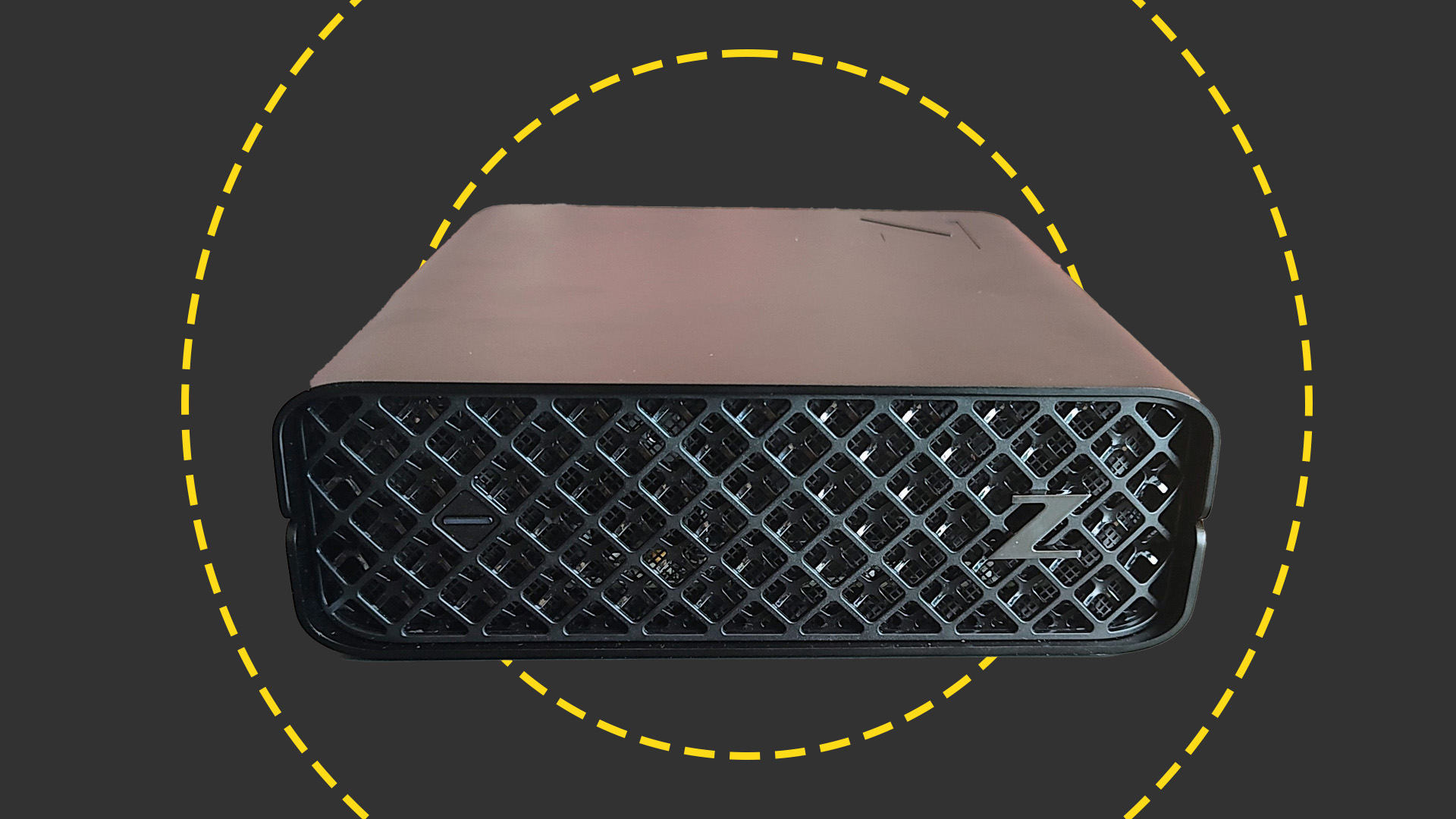 HP Z2 Mini G9 Workstation review: A reasonably potent but very compact workstation
HP Z2 Mini G9 Workstation review: A reasonably potent but very compact workstationReviews A masterclass in fitting a whole pint of PC into a half-pint container
By Alun Taylor
-
Take your workforce to the next level with an HP Workstation
Sponsored If you're looking to boost your enterprise computing power, HP Workstations could be the ideal choice.
By ITPro
-
 Windows admins complain of Dell “bloatware” filling 95% of hard drives
Windows admins complain of Dell “bloatware” filling 95% of hard drivesNews Dell SupportAssist Remediation was blamed for disk allocation issues
By Rory Bathgate
-
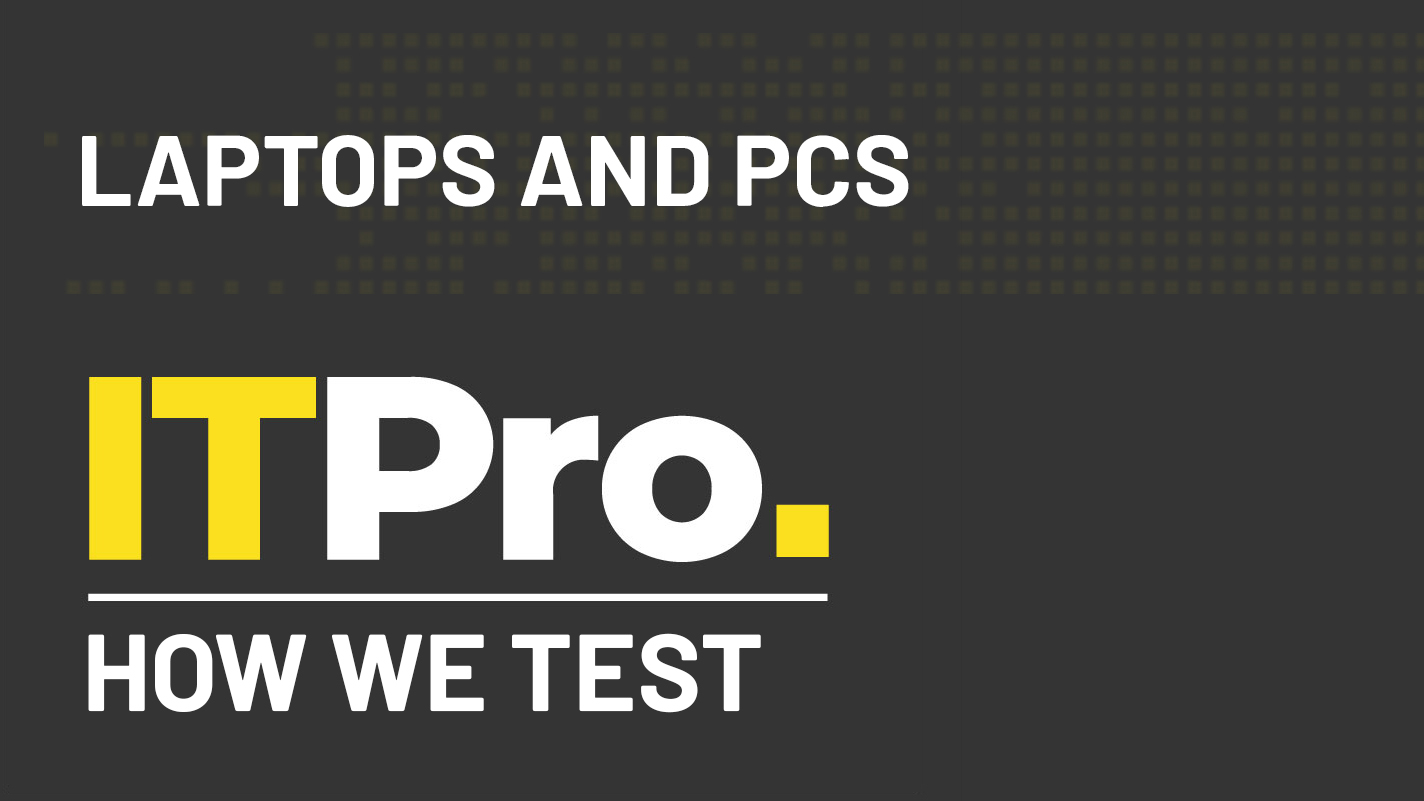 How we test laptops and PCs
How we test laptops and PCsReviews Everything you need to know about our reviews and benchmarking process for computing hardware
By IT Pro
-
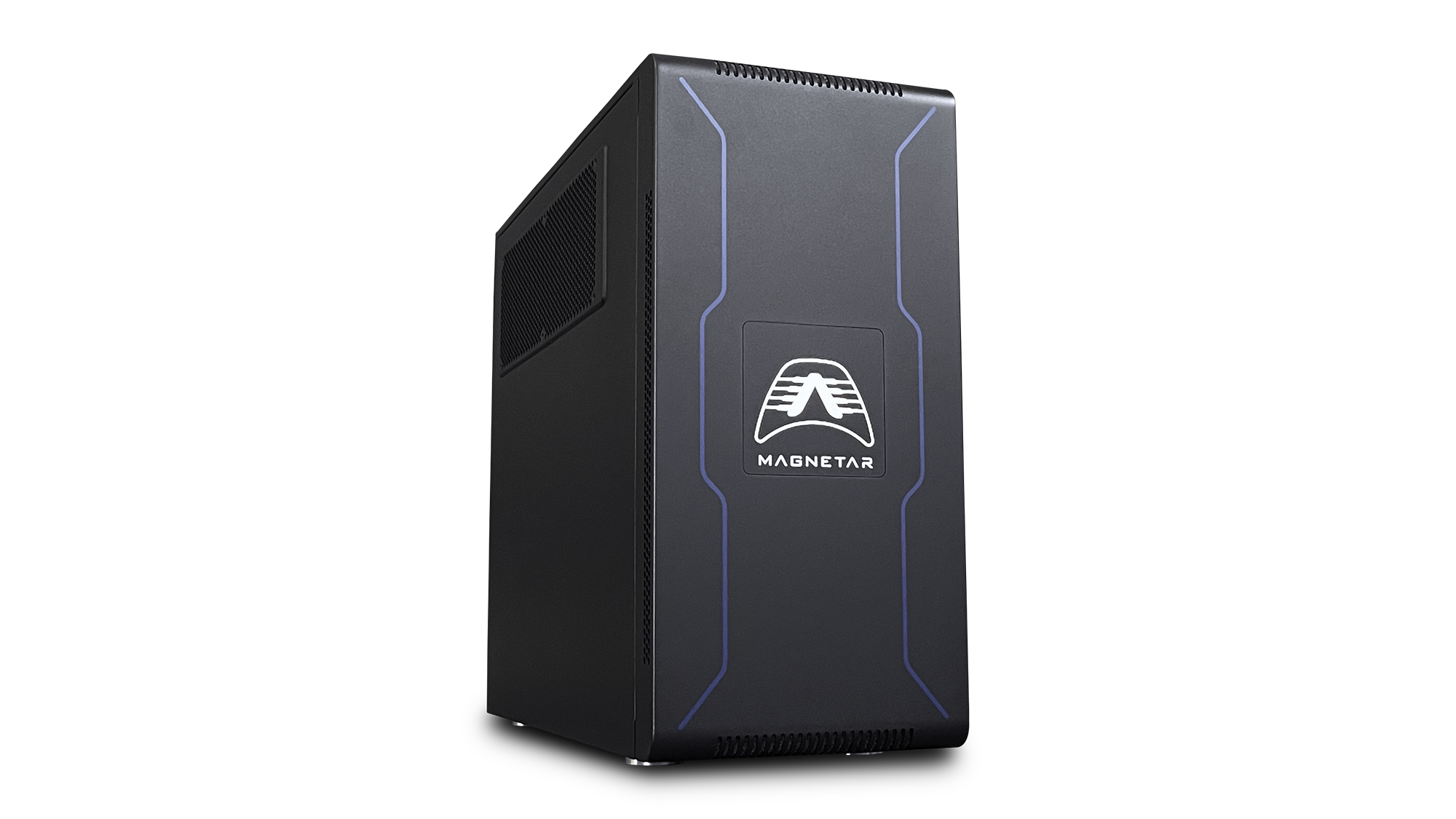
 Armari Magnetar M64TP-RW2000G3 review: Don’t call it a comeback
Armari Magnetar M64TP-RW2000G3 review: Don’t call it a comebackReviews The Threadripper Pro arrives just in time to retain AMD’s crown as king of workstation processors
By James Morris
-
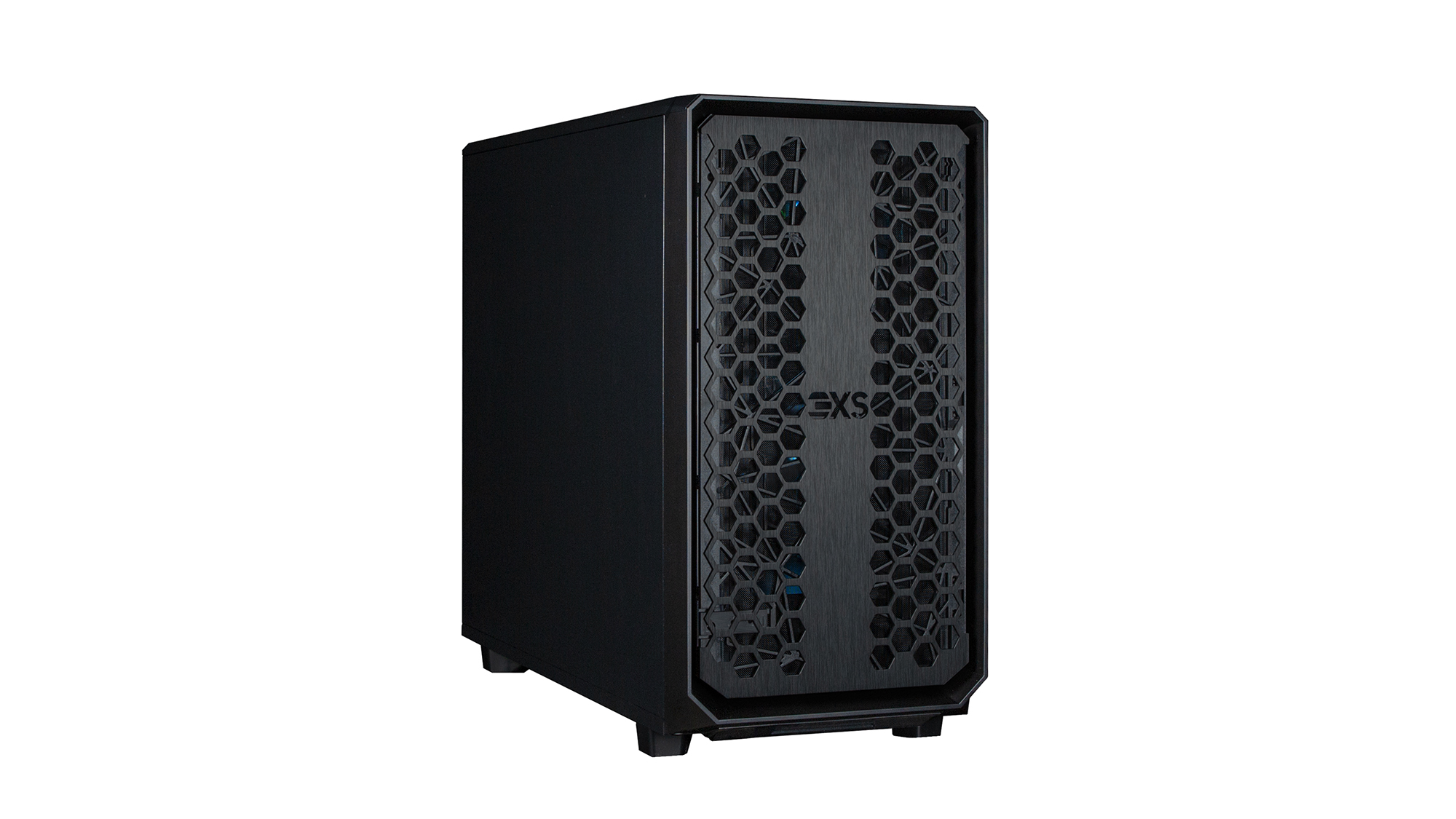
 Scan 3XS GWP-ME A124C review: An Intel-powered workhorse that holds its own
Scan 3XS GWP-ME A124C review: An Intel-powered workhorse that holds its ownReviews A brilliant content-creation showcase for Intel’s 12th-gen Core i9 and Nvidia’s Quadro RTX A4500 graphics
By James Morris
-
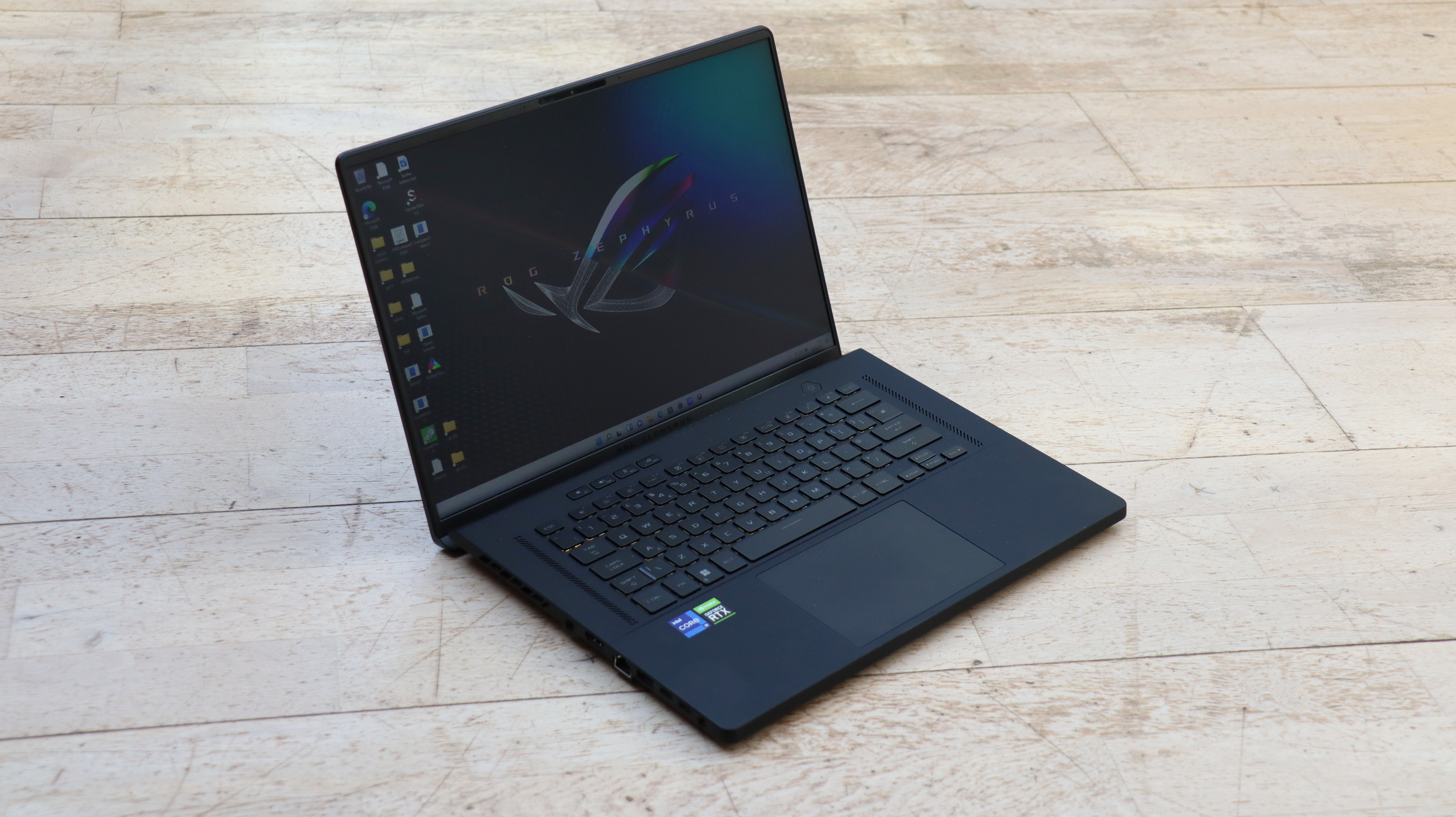
 Asus ROG Zephyrus M16 (2022) GU603Z review: Huge processing power you can carry with you
Asus ROG Zephyrus M16 (2022) GU603Z review: Huge processing power you can carry with youReviews The Zephyrus M16 combines a potent 14-core processor with capable graphics and features in a bag-friendly format
By James Morris
-
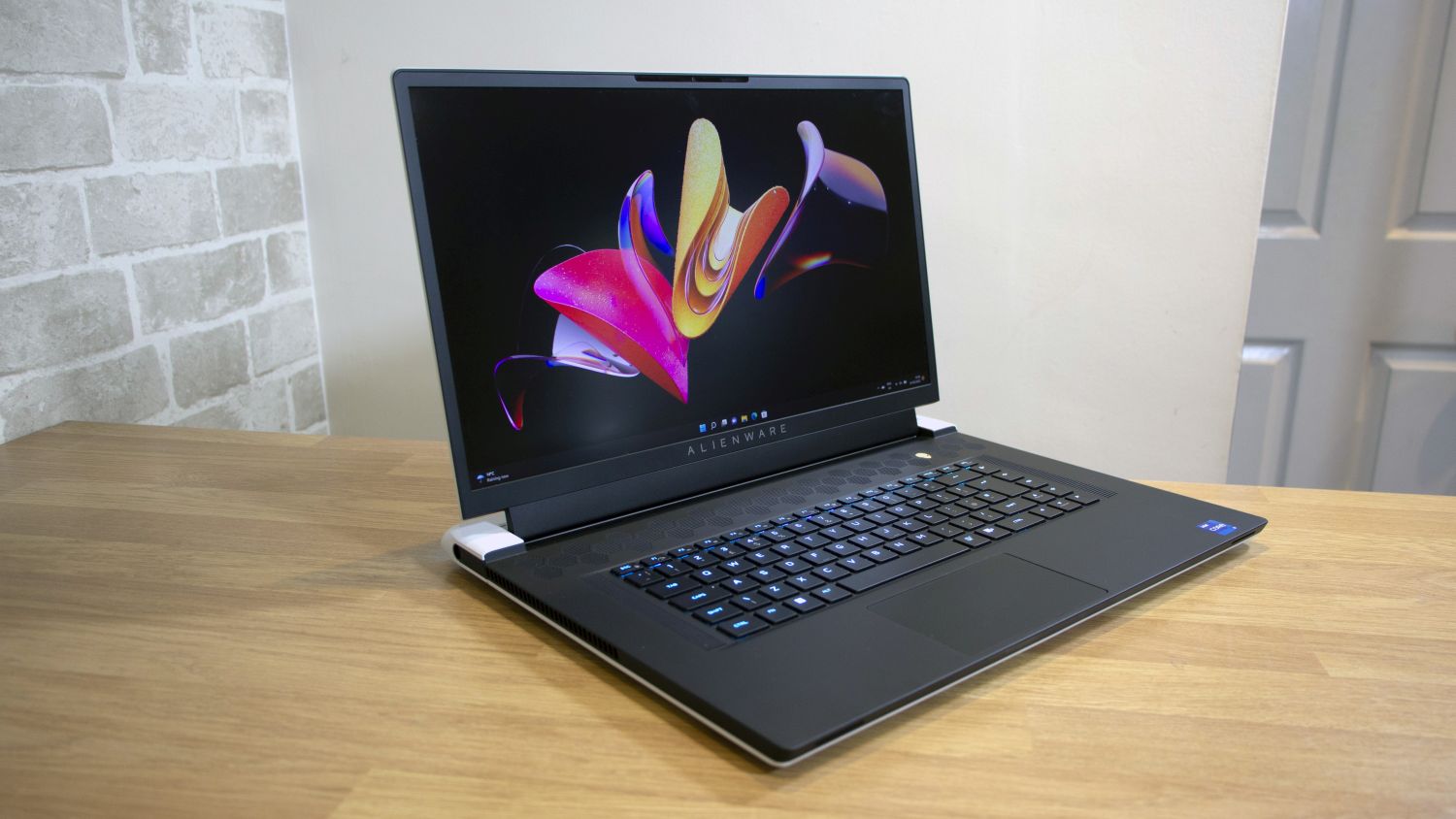
 Alienware x17 R2 review: A frighteningly fast content creation monster
Alienware x17 R2 review: A frighteningly fast content creation monsterReviews Colossal power and a rock-solid exterior make for an expensive portable powerhouse
By Mike Jennings
